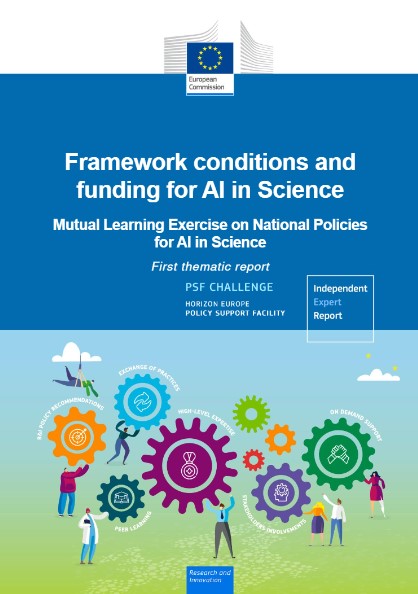
This report explores successful policy and funding models for AI in science from across Europe and proposes recommendations to create an enabling environment for AI in science innovation.
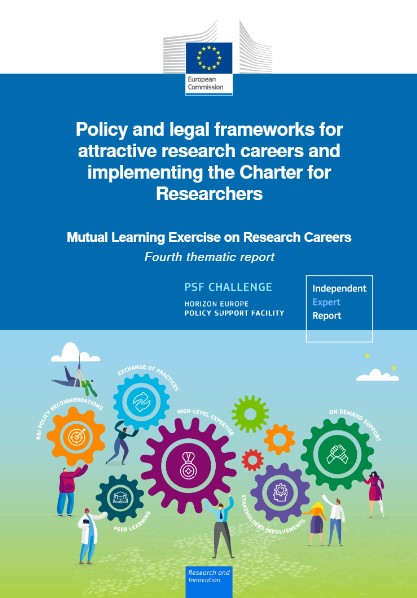
This thematic report illustrates how diverse policy and legal measures (including incentives to implement the European Charter for Researchers) can enhance the attractiveness of research careers by balancing national policy direction with institutional autonomy.

The thematic report explores the challenges and opportunities in developing, attracting, and retaining AI talent in science across Europe.
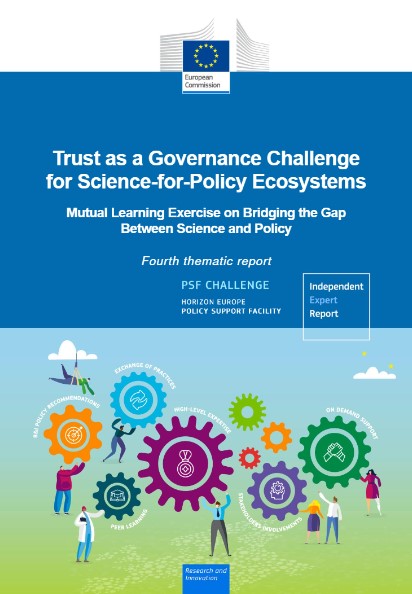
This thematic report explores the issues of trust in, and governance of Science-for-Policy ecosystems. It makes the case for making Science-for-Policy credible, responsive and with anticipatory capacity.
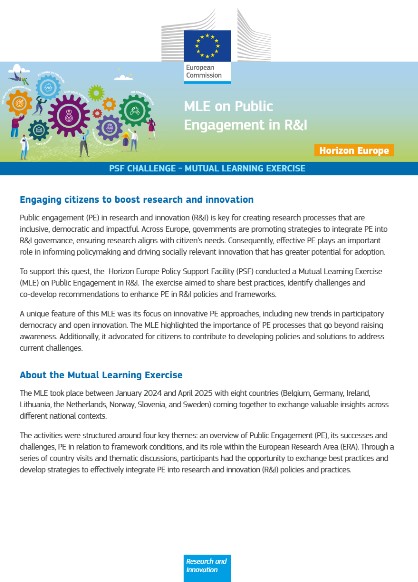
The summary article presents the outcomes of the Mutual Learning Exercise on Public Engagement in R&I. From January 2024 to April 2025, participating countries collaborated to exchange best practices, address key challenges, and develop recommendations to enhance public engagement in research and innovation.
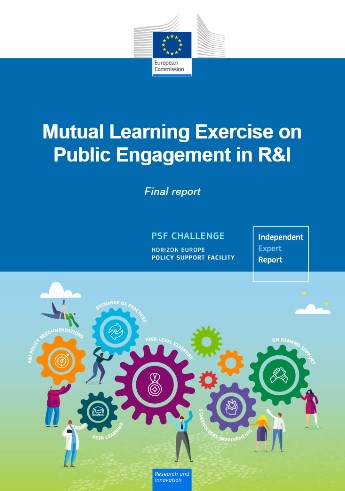
This report offers key findings, policy recommendations, and best practices for embedding public engagement in research governance, addressing challenges and opportunities to foster a more inclusive and socially responsive European R&I ecosystem.
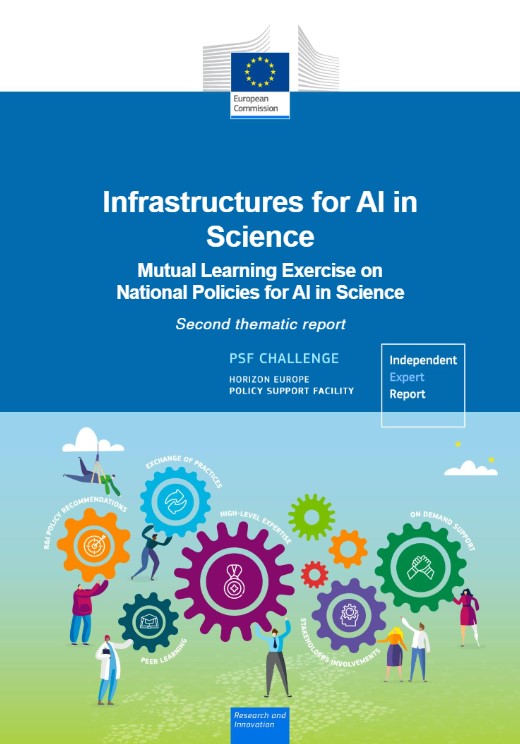
This thematic report comprises an analysis of national strategies and policies for fostering AI in science infrastructure, current challenges, and policy suggestions.
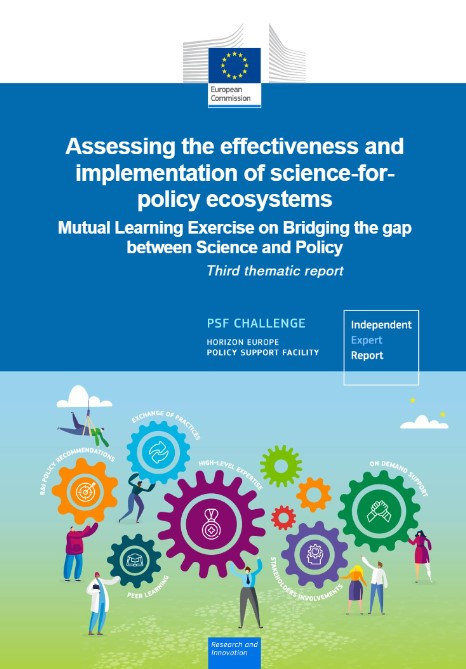
How well do science-for-policy ecosystems function as a whole? This report explores how data and insights can assess individual elements, such as funders or advisory bodies, while also evaluating overall system performance. By examining capacities, outcomes, and trade-offs, it sheds light on strengths, weaknesses, and the impact of different approaches to evidence-informed policymaking.
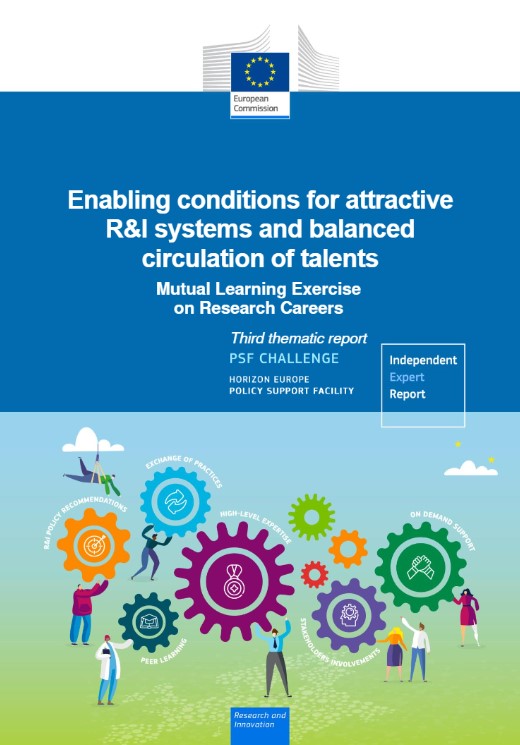
This report, explores enabling conditions for attractive R&I systems and balanced talent circulation, presenting policies at system, institutional, and individual levels. Policy options and national experiences are examined to inform the MLE’s mutual learning process.
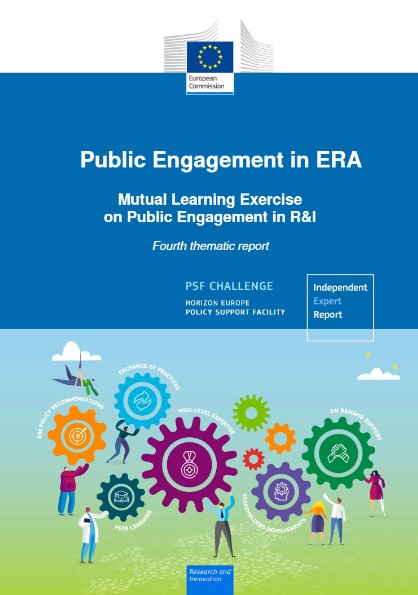
This report explores key aspects of Public Engagement (PE) in ERA: long-standing practices and methods behind successful initiatives, transnational PE exercises and their benefits, and solutions to challenges in cross-border PE.
